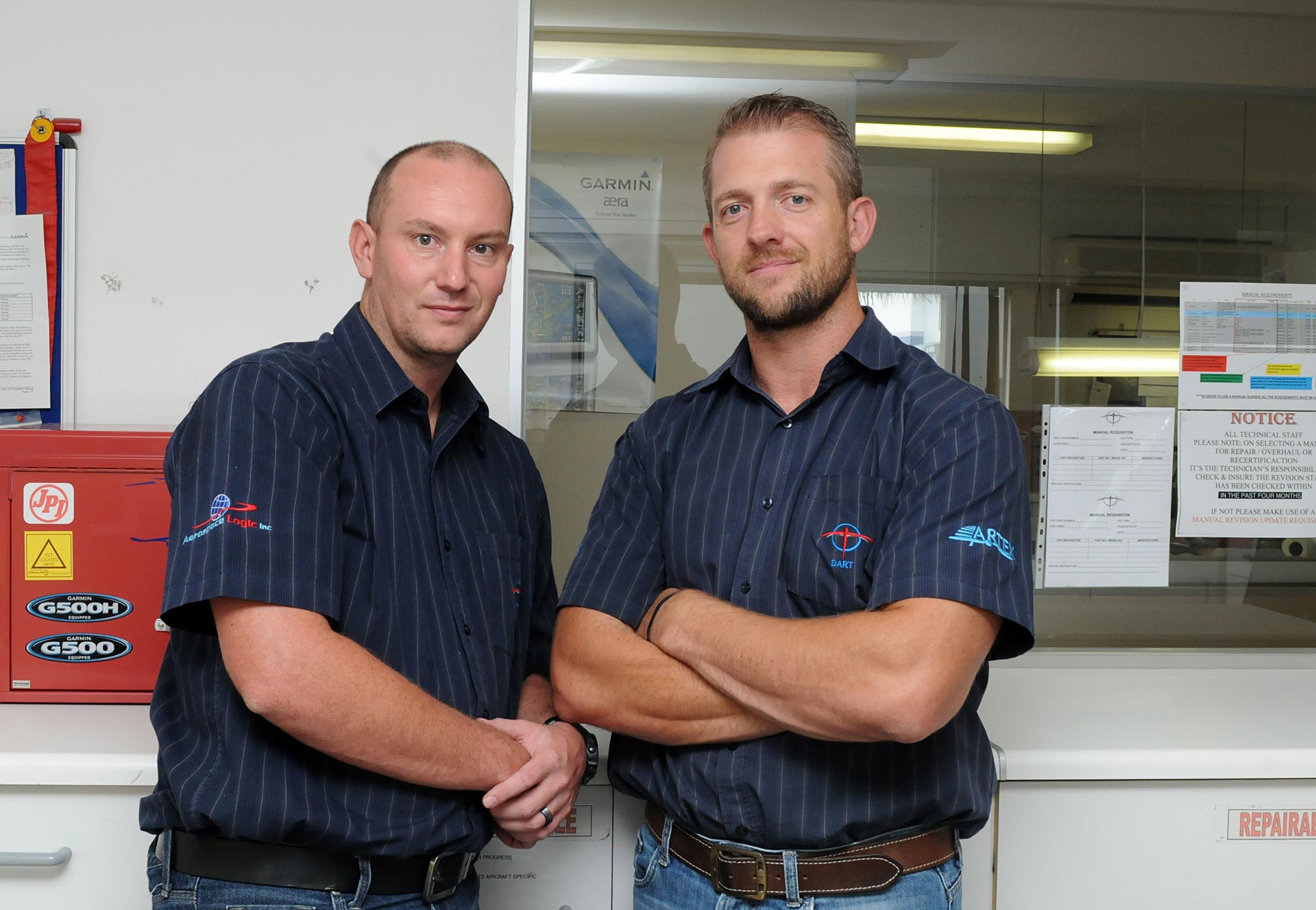When business property is more than bricks and mortar
Location is a key factor for the success of businesses in many sectors, but this factor is more critical for some businesses than others. For these location-sensitive businesses, the loss of their location or lack of control over the physical property can spell huge loss if they don’t have the right financial support.
“Location-sensitive businesses often find themselves at the mercy of landlords who are aware of the fact that the business is dependent on the specific spot in which they trade,” says Arnold February of Business Partners Limited (BUSINESS/PARTNERS). “Due to this, if the landlord refuses to renew the lease or sell the property at a reasonable price, the business can lose millions.”
This was true for business co-owners Pieter Viljoen and Jaco Kelly of aeroplane instrumentation business, Dart Aeronautical, when they tried to purchase their long-lease property rental at the Rand Airport near Germiston in 2017.
The business had been based at the airport’s old fire station since its inception as it needed to be accessible from both the runway and the street. Acknowledging that the business’ location was integral to their sustained success, Viljoen and Kelly set about trying to secure the property.
However, knowing the value of its unique position and Dart Aeronautical’s dependency on it, the owners of the building insisted on a sky-high asking price - which meant that the banks were only prepared to finance 40% of it. While the business was doing very well, it was not able to finance the other 60%.
More convinced than ever of the necessity of securing ownership of the property, Viljoen and Kelly looked for other finance options and came across Business Partners Limited, the only financial institution that was willing to look beyond the mere brick value of the building.
“We considered the building in the context of the whole enterprise, the potential of the business, as well as the track record of the two entrepreneurs themselves,” says February, who then agreed to finance a much greater proportion of the selling price, so that Dart Aeronautical could succeed in securing the property.
Viljoen rates the purchase of the building as one of their biggest achievements. Since taking over the business from its founder in 2008, they’ve managed to grow it from 10 to 22 workers, and have added two new divisions - Dart Airpart Electrical and African Alliance Airparts.
This growth took place despite a major setback in the form of the closure of the airline 1Time, which sent shockwaves through the aeronautical services industry and meant they had to adapt quickly by shifting focus to private aeroplane owners, flying schools and regional airlines.
Another big achievement for the two co-owners was their ability to buy out the founder within four years instead of the agreed-upon seven years. Viljoen and Kelly were both young technicians who had studied together at the state-owned entity, Denel’s school for aircraft mechanics, when they were recruited by the founder of Dart Aeronautical (then known as Dart Aircraft Components) who was looking for managers to take over his business as he was emigrating to Australia.
Viljoen says he worked for an intense year under the tutelage of the founder until they took over the business in 2008, which was the greatest learning experience of his life, as the founder had laid down precise business systems that they follow to this day, which has helped them to grow.
For the first five to six years, especially when they were paying towards the buy-out agreement, Viljoen and Kelly hardly took any money out of the business. Viljoen mainly focuses on the finances and administration of the business, while Kelly takes care of the operations.
While the two entrepreneurs still face business challenges like managing cash flow and responding to the challenge of modern aeronautical instrumentation becoming increasingly difficult to service, they believe the upside of their industry is much greater and can rest assured that they now own their important business property.

